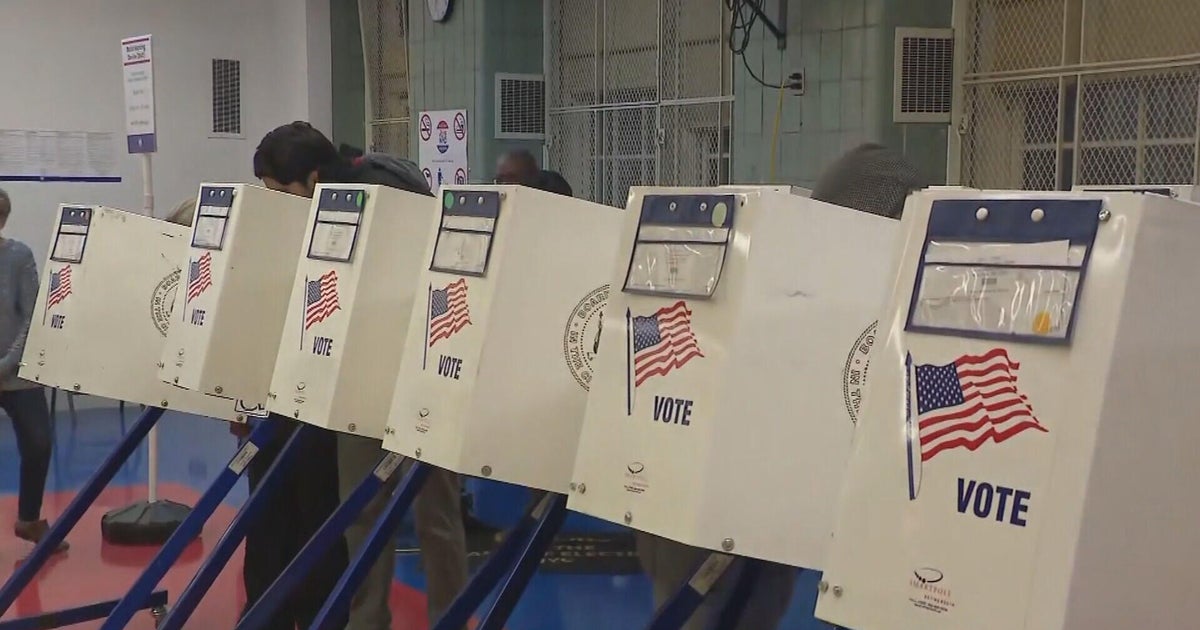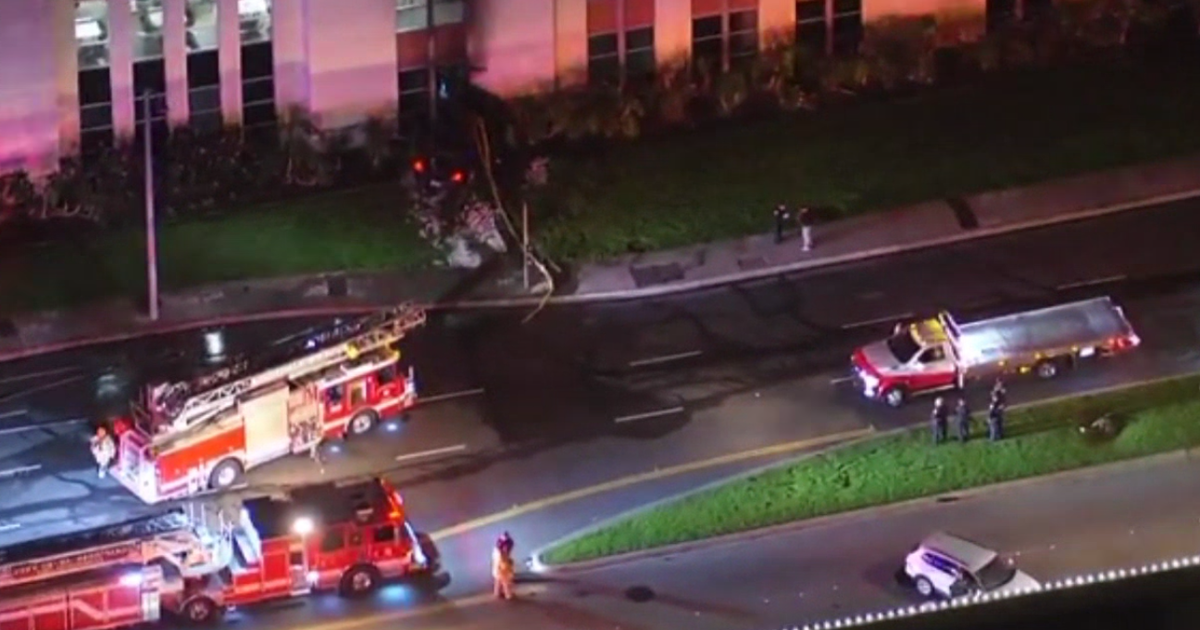Judge hears multiple Illinois prosecutors' case against SAFE-T Act, which eliminates cash bail
KANKAKEE, Ill. (CBS) -- Cash bail was on the docket Tuesday in a courtroom in Kankakee.
As CBS 2 Political Investigator Dana Kozlov reported, Tuesday was the first day in a trial of multiple lawsuits against the controversial SAFE-T Act – which was a major talking point in the midterm election in Illinois and is now being challenged in court.
Opponents say the SAFE-T Act is unconstitutional.
Just weeks ago, Illinois state lawmakers passed a revised SAFE-T Act – after months of criticism and concerns over its elimination of cash bond. But the revision was not enough to prompt 64 state's attorneys across the state to drop their lawsuits challenging it.
"It's not that the state's attorney's offices are all opposed to every portion of the SAFE-T Act," said Kendall County State's Attorney Eric Weiss. "Again, do it the right way."
Kankakee County State's Attorney Jim Rowe spoke before a judge for all 64 state's attorneys now suing in the consolidated case.
Rowe argued that the act is unconstitutional for several reasons. He argued first, it's vague; second, it violates crime victims' rights; third, because its passage violated legislative rules and procedures; and fourth, because it infringes on the court's power.
"I think each and every one of these arguments - and those arguments are right on," said DeKalb County State's Attorney Rick Amato.
But the attorney for the State of Illinois told 21st Judicial Circuit Chief Judge Tom Cunnington the state's attorneys' arguments are an overreach. The attorney for Illinois said there are many precedents that discount the plaintiffs' arguments, and he also argued that the law would only be unconstitutional if it unduly infringes upon judicial power.
The attorney defending Illinois did not comment outside of court, unlike some of the state's attorneys.
"I felt the hearing went well today, and I think the judge took everything in and - we'll just wait for his decision," said Will County State's Attorney James Glasgow.
Judge Cunnington will now consider all the information before him – including the points made in the 90 or so minutes of arguments Tuesday. He expects to have a decision by Wednesday, Dec. 28 – and he calls it a monumental task.








